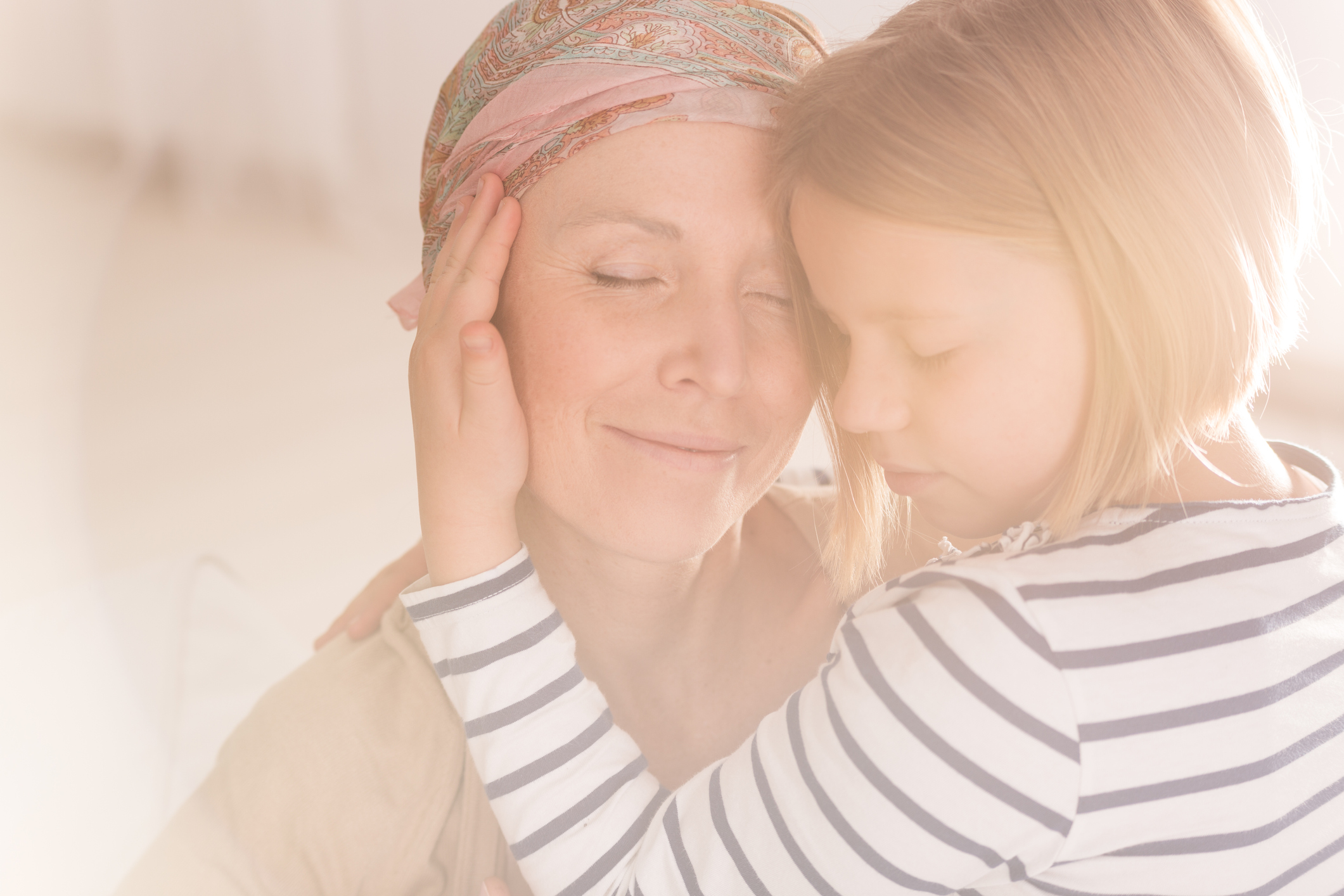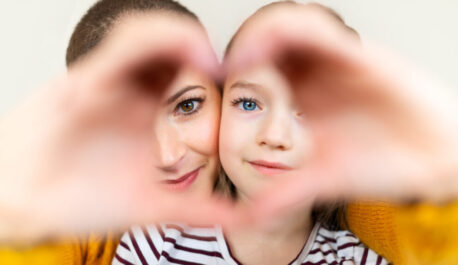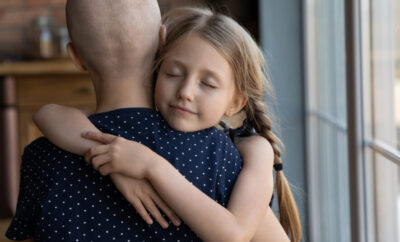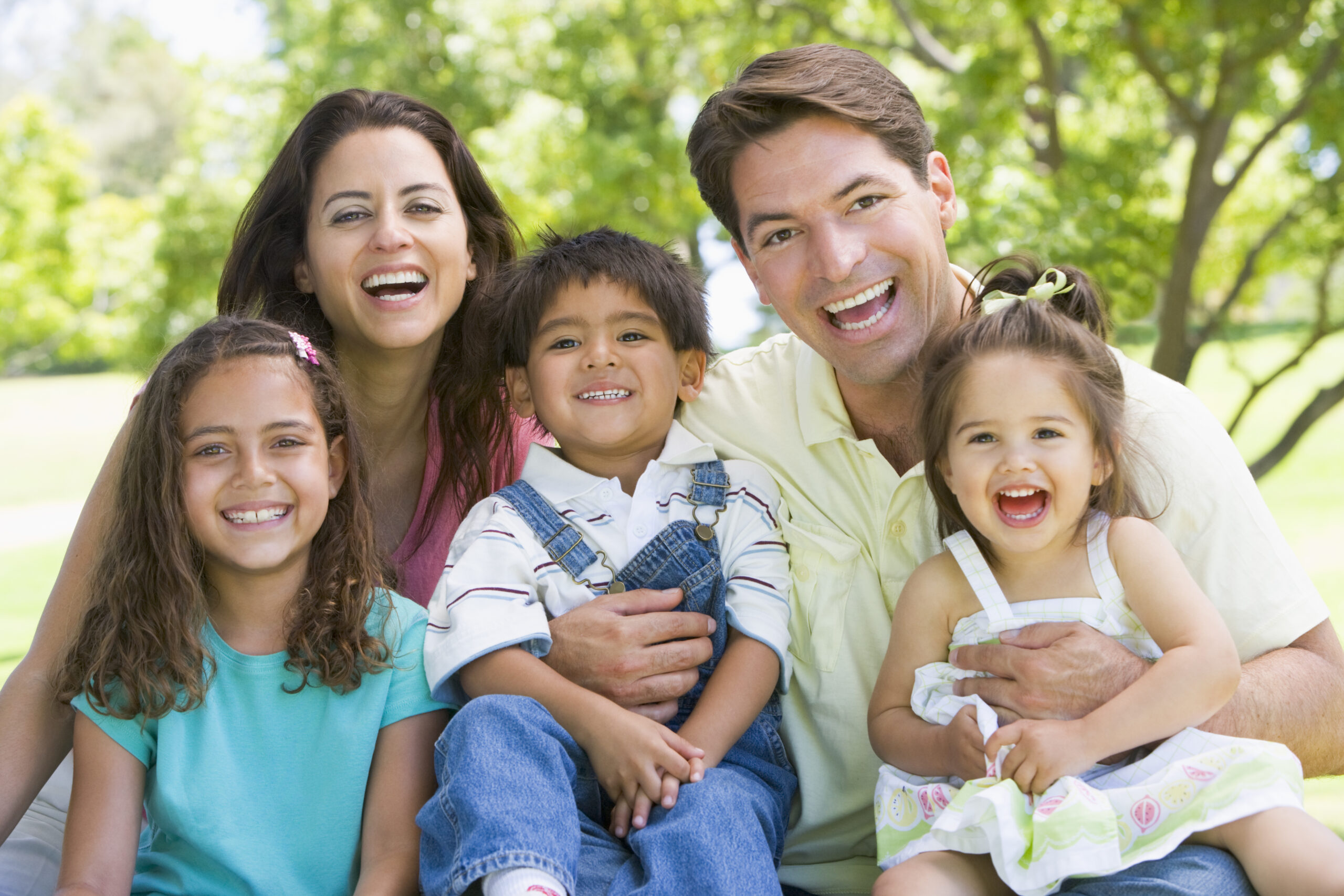
The importance of family union during sickness is undeniable. When a family member is sick, particularly a child, the rest of the family needs to work and focus on the child’s physical health and mental wellness.
During sickness, many questions haunt the patient’s mind. How did I get sick? Why now? When would I recover? Why are others totally fine while I am sick for so long? During extended treatment periods, the family plays an essential role in sustaining their relative and caring for his needs and expectations.
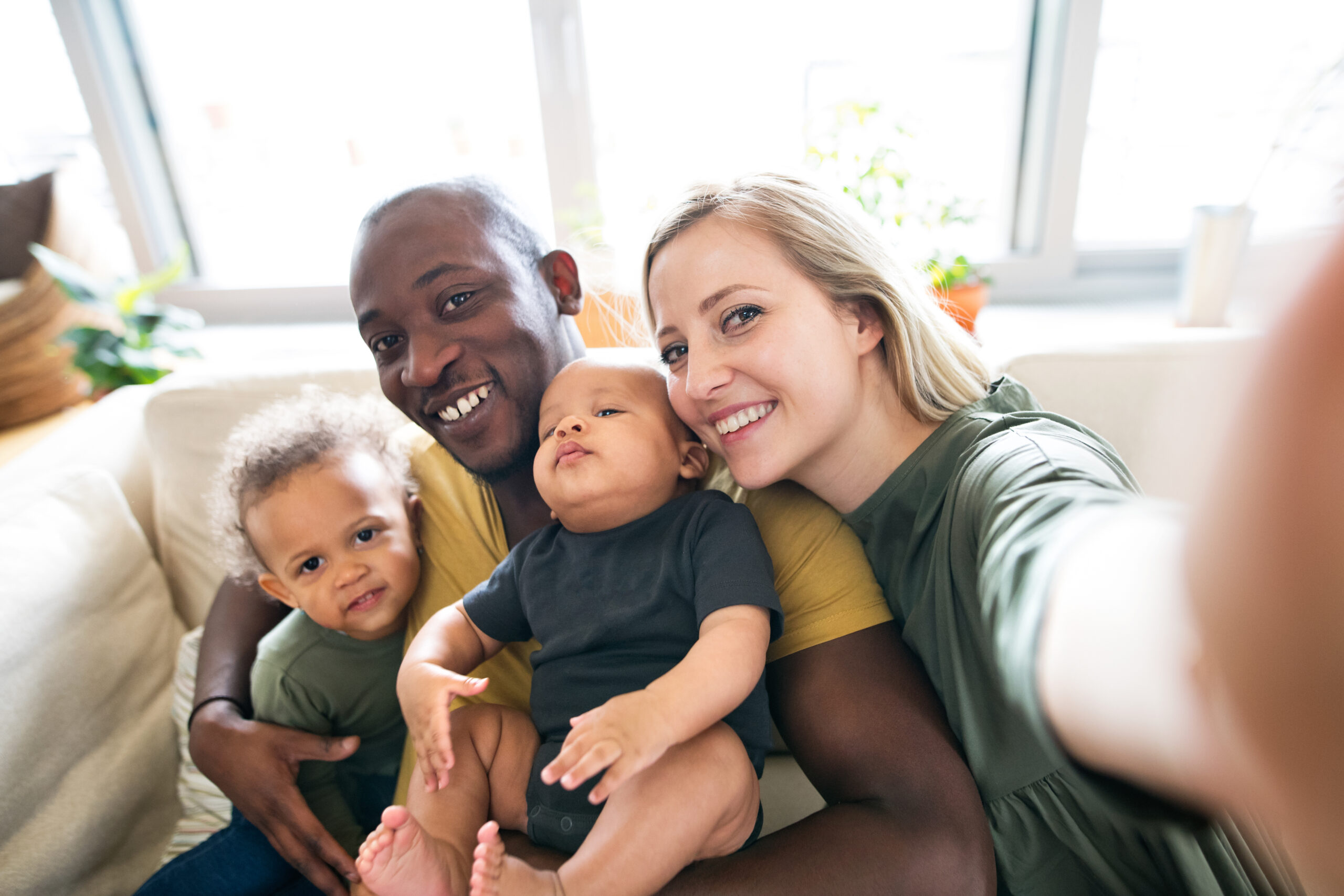
Family and emotional support
Family love brings cohesion and a sense of belonging. If the patients are children, they will feel supported and eased thanks to a sense of predictability which will calm their anxiety. They know their family will be there the next day for another battle.
If children suffer from a complex battling illness like cancer, this unconditional love must be cultivated and nourished daily. Of course, there will always be difficulties, and some days might look longer than others, but eventually, if you keep fighting, every challenge turns into a victory.
How can I cultivate love to improve the bond among family members, particularly children undergoing such significant trials? Here are some ways you can nurture your family love:
- Listen to your children’s desires, hopes, and wishes.
- Spend some time talking about their dreams. They might keep some thoughts for them, which is fine, but ask them to tell you about their ideas and plans. Children still don’t have all the tools in their vocabulary to clearly express their feelings, and in some cases, they might think it is hard and consider that nobody understands them, so be patient.
- Do not expect your children to change their mood.
- Your children must acknowledge their feelings if they suffer from a disease like cancer. Sometimes, they would like to express their impotence and be angry before they calm down and regain confidence. Avoid trying to force them to feel happy all the time. Instead, give them time and space to express all their feelings.
- Express your love generously.
- When they achieve a milestone in their treatment, be very visual. Children need to feel they are being recognized, particularly after difficult times. Remember that the children who might express they do not like an emotional display of happiness usually need it most. Some kids are introverted and want something more personal and private but still want to feel recognized. A gift would always be well received.
Preparing children for the future
Enjoying family love is essential to shape the human brain and guaranteeing its better function over the years. Adults who have received affection during demanding situations in their childhood have a better chance of recovering from depression, anxiety, and mental health problems.
Dysfunctional family?
No two families are the same; there are families where a father, mother, and maybe even both are absent. However, not only the unions made from bloodlines are families, but also the ones where love has transcended links and losses.
On the other hand, if there is a complex family history where love was not the center, individual and family therapy is available. Often, facing and coping with the past is the best way to heal in the present and secure a better future for all the family members.
Love must always be the center of any union, a love that does not look for pride, self-benefit, or self-satisfaction but only for the well-being of the other.
By Eduardo Guillen

